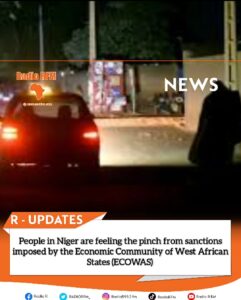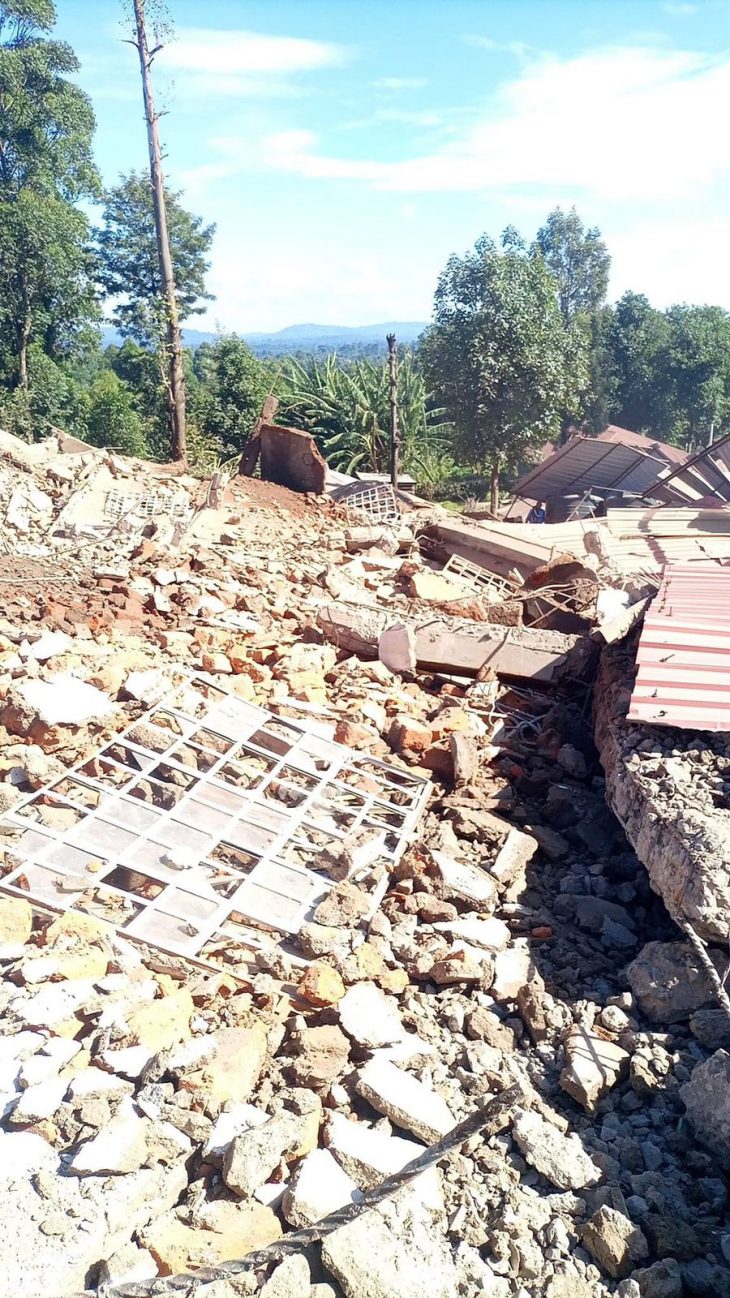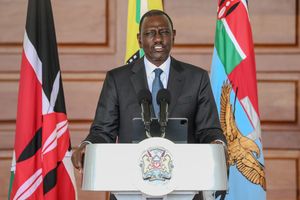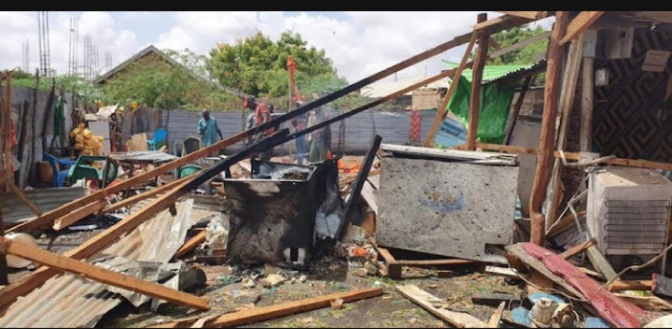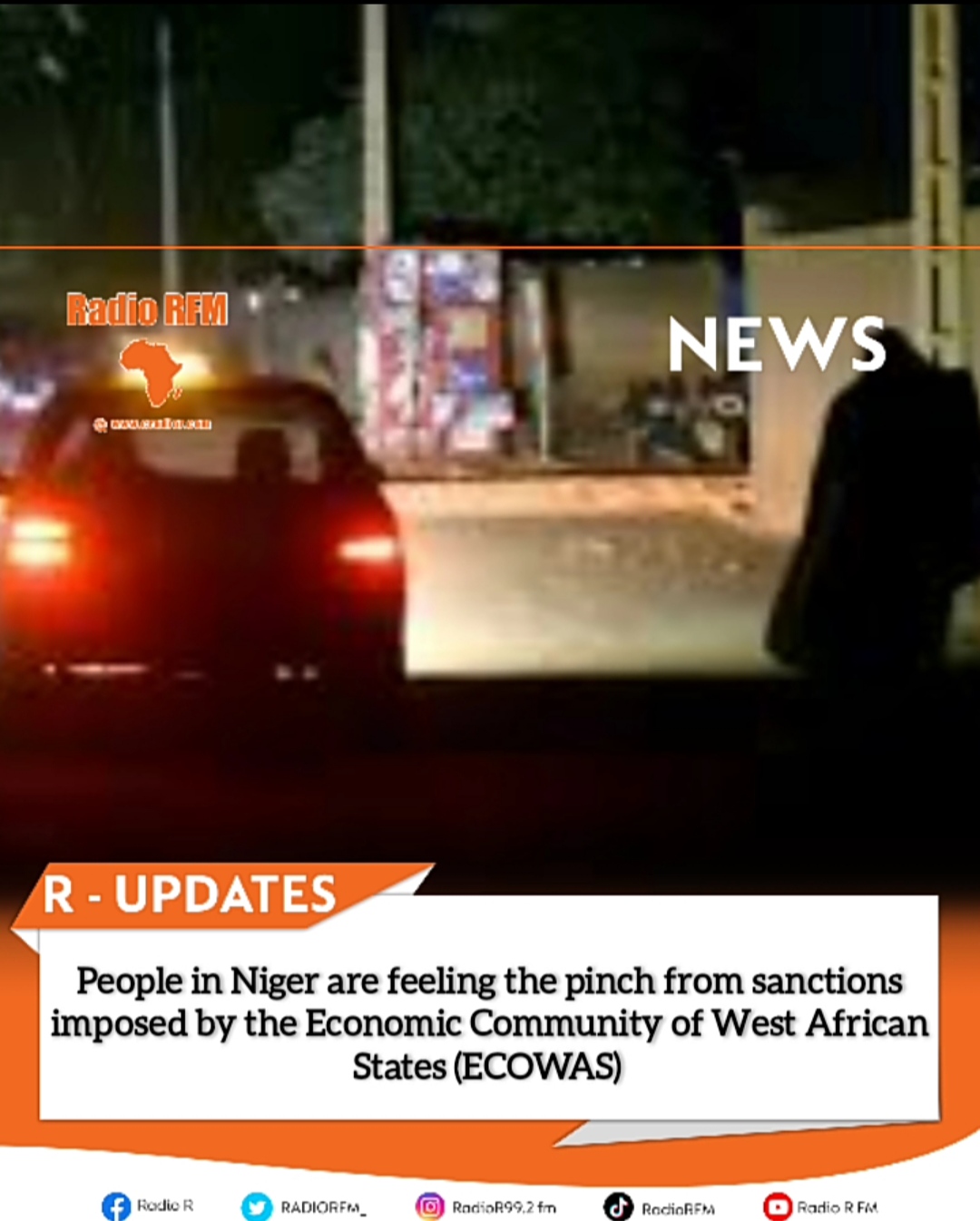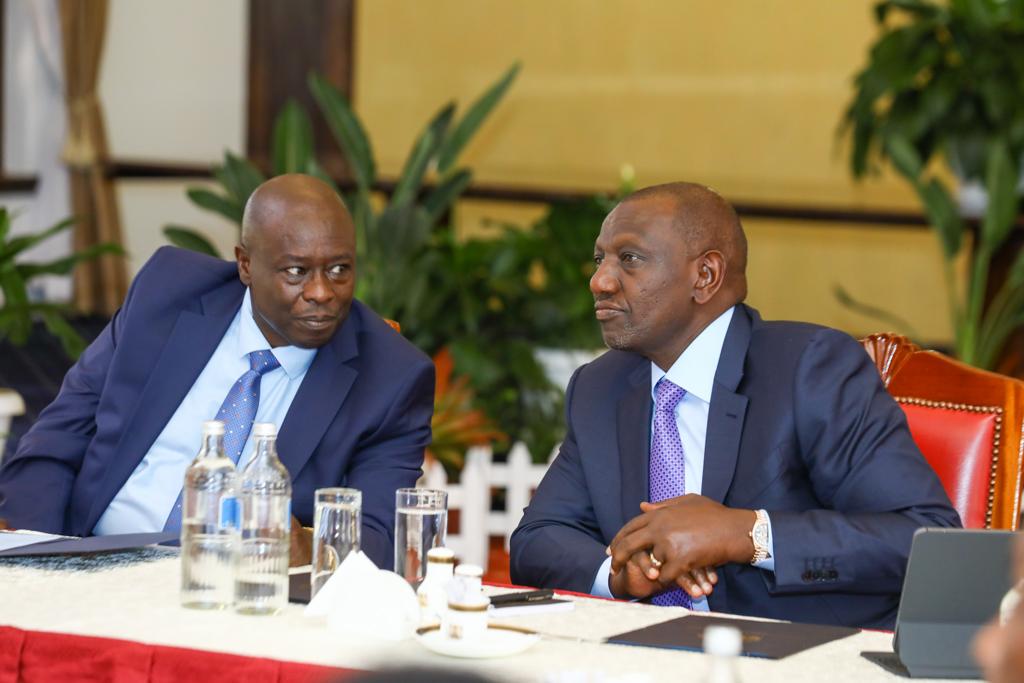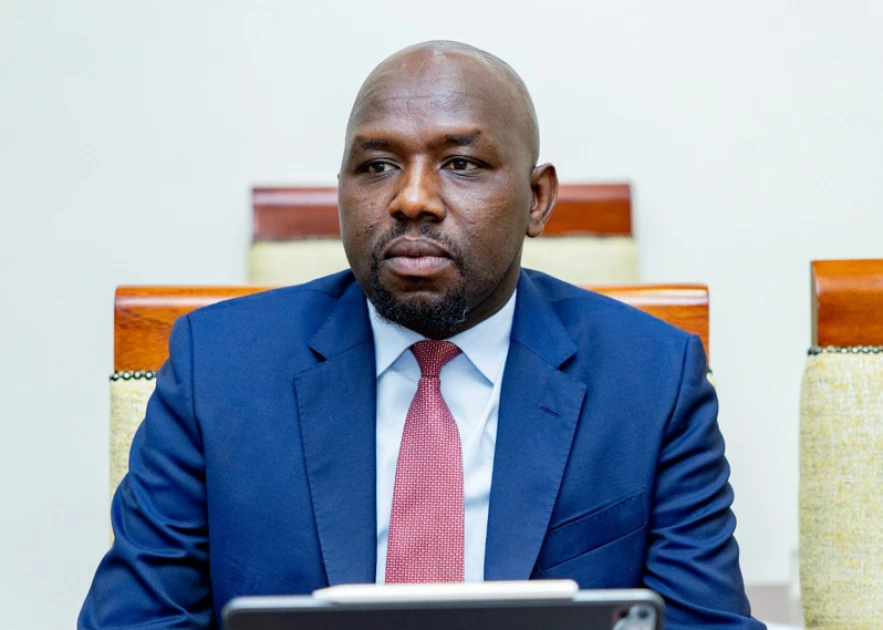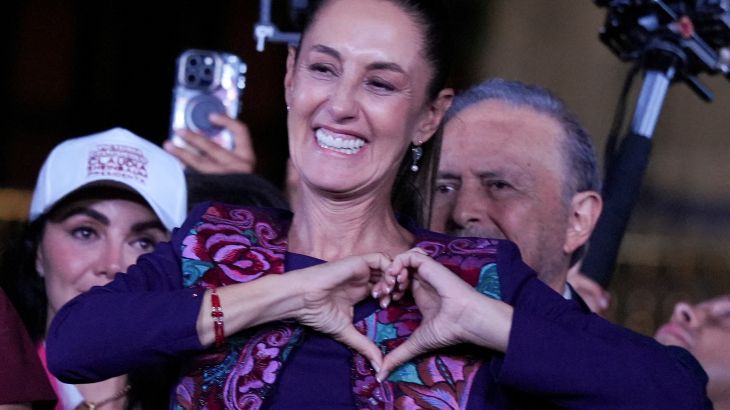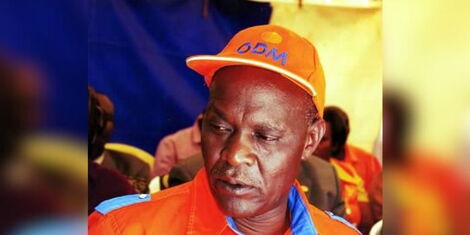On July 26, the military in Niger detained President Mohamed Bazoum and chose Abdourahamane Tchiani, former leader of the country’s presidential guard, to lead the National Council for the Safeguard of the Homeland, a governing body established by the soldiers after the coup, which has been since exercising legislative and executive authority.
Over a week ago, leaders of ECOWAS, a 15-member regional bloc, and the West African Economic and Monetary Union (UEMOA) decided to impose economic and financial sanctions to Niger in response to the unconstitutional power change.
The sanctions have left the land-locked country with minimal power supply as Nigeria, whose supply accounts for 70 percent of Niger’s electricity, has cut off power supply to the country in line with the ECOWAS sanctions.
In Niger’s capital Niamey and many other cities, people are struggling to cope with the constant and long-term power outage, and streets and neighborhoods are getting used to being plunged into darkness for hours.
In addition to the impacts to daily life, people are also worried about what the impact of the power outages to the country’s economy.
“People are forced to buy torches, generators, and so on. But in order to use them they have to buy batteries, fuel and maintenance. These are unforeseen expenses that will affect the purchasing power of the population. This can cause inflation at the level of economic agents This situation is disastrous because electricity is a cross-cutting product used in almost all economic activities,” said one of the residents.